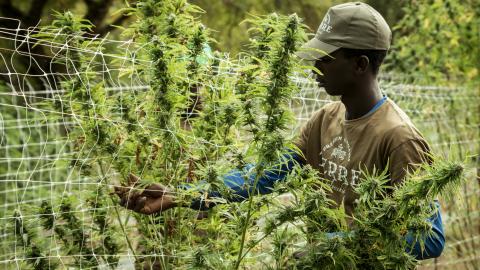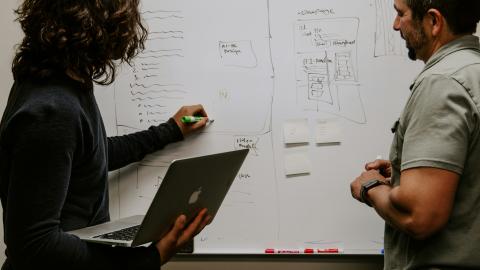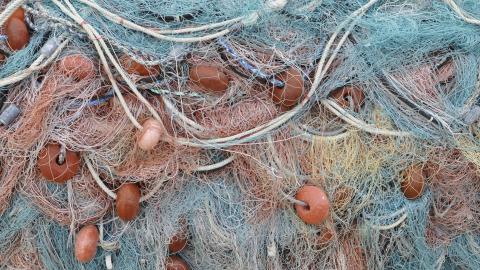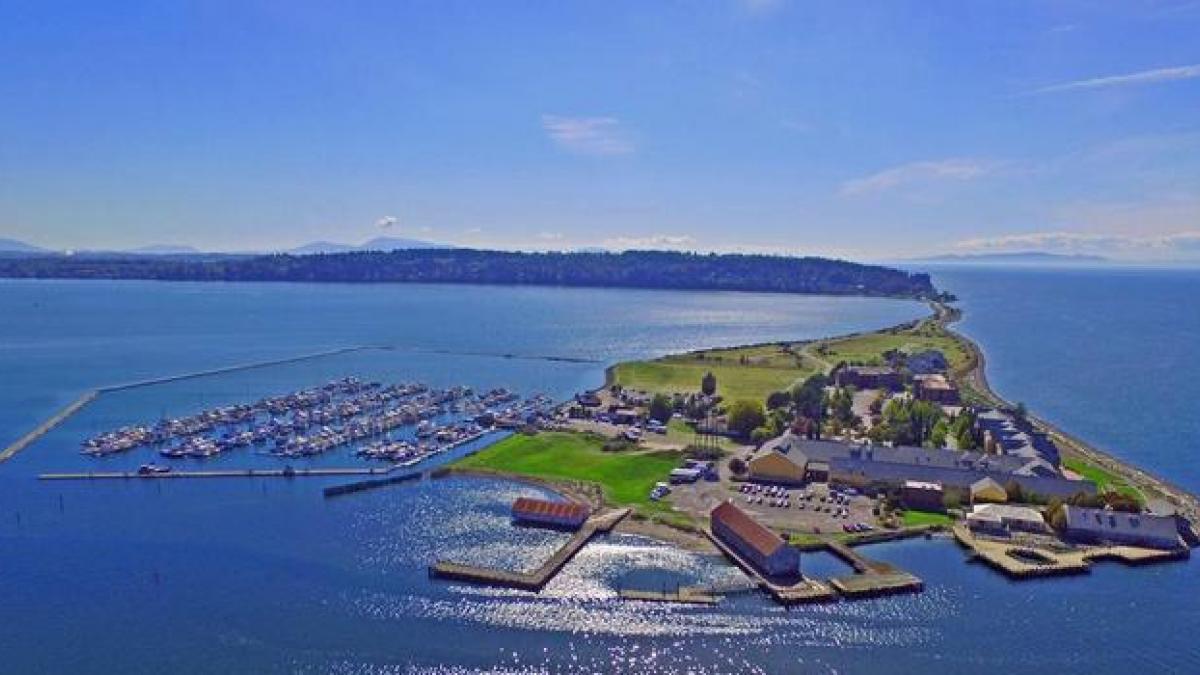
Cascadia is an annual conference that brings together researchers and students from the University of Washington (School of Public Health - Dept of Environmental and Occupational Health Sciences & Dept of Health Services); University of British Columbia (School of Population and Public Health); Simon Fraser University (Faculty of Health Sciences); and Oregon State University (College of Public Health and Human Sciences). This intimate, cross-national conference provides faculty, staff, and students a forum to share new ideas and current or evolving research in environmental, occupational and public health.
Allyson O'Connor shared her experience at the 30th annual Cascadia conference:
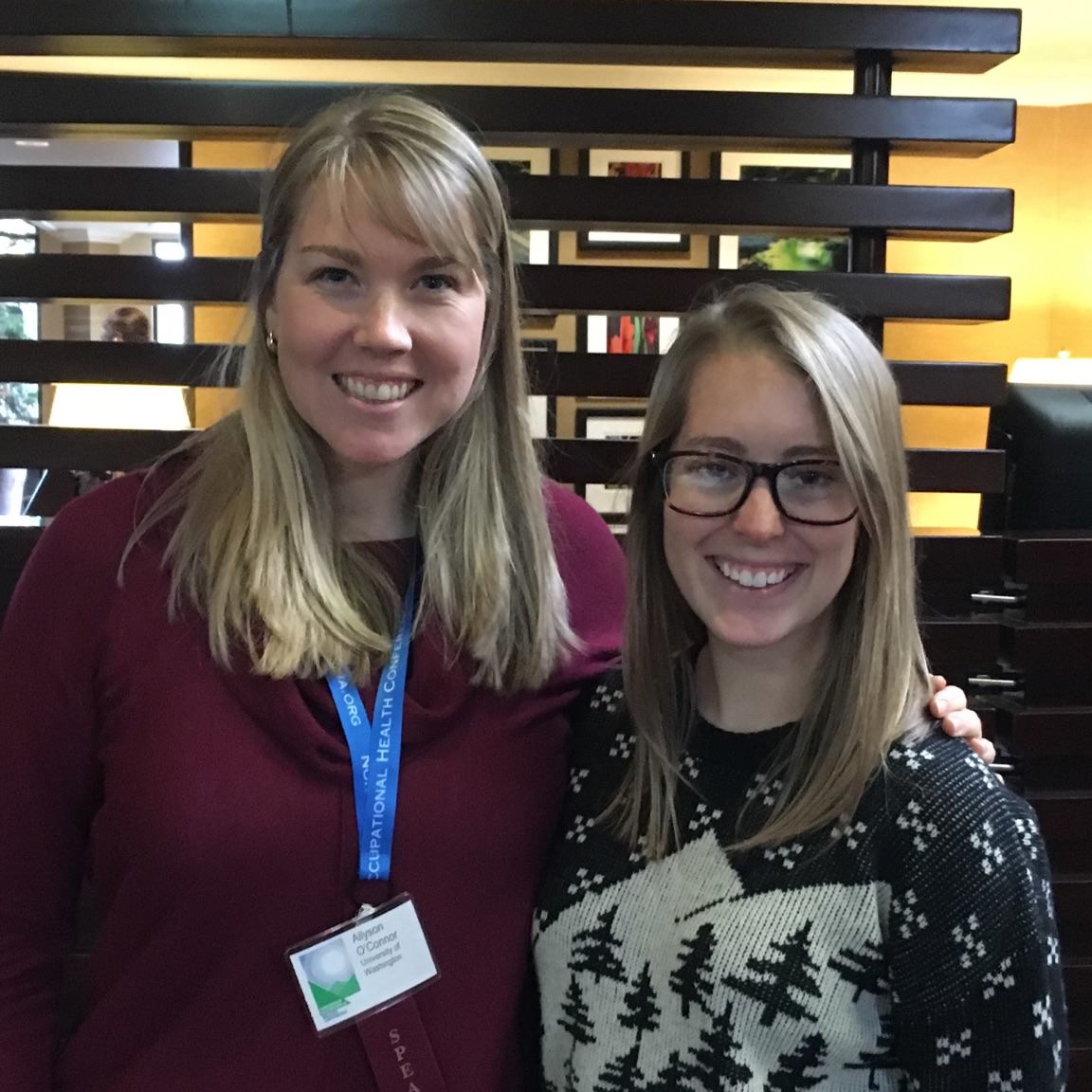
"This past January was my third attendance at Cascadia and each year leaves me more excited about my chosen field of study and work in occupation health research. The breadth of research and ideas presented, the connections made, including quality time getting to know the new dean of the UW School of Public Health, Dean Hilary Godwin, and the enchantingly beautiful seaside location of the conference along the US-Canada border make Cascadia equally valuable as memorable.
As a cross-national student-focused conference, I appreciate the relaxed and inclusive nature of the Cascadia Conference. This year, I graduate from past years’ poster presentations to giving a podium presentation on my research on workplace harassment and mental health. As one of five speakers in a session on employment quality and health, our panel centered around the expanding interest in workplace exposures that go beyond the traditional chemical, physical, and biological exposures studied in occupational health. While I was familiar with most the projects presented by my colleagues in that panel, it occurred to me then that this engagement did not start and will by no means end with a conference. In fact, there we were together, both friends and fellow students, at the beginning of potentially decades of collaboration. This is the beauty of a student-centered conference like Cascadia.
What Cascadia does so well is bring together a cohort of emerging scholars and professionals who represent both the energy and the innovation of our field. It is their names I’ll recognize on publications or upon hearing of some well-earned achievement in the field of public health, hopefully, for decades on down the line. While Cascadia is often a whirlwind 36 hours mid-winter, it is a snapshot of what the future of the field of environmental, occupational, and population health will look like, and I hope that continues for generations of students to come."


